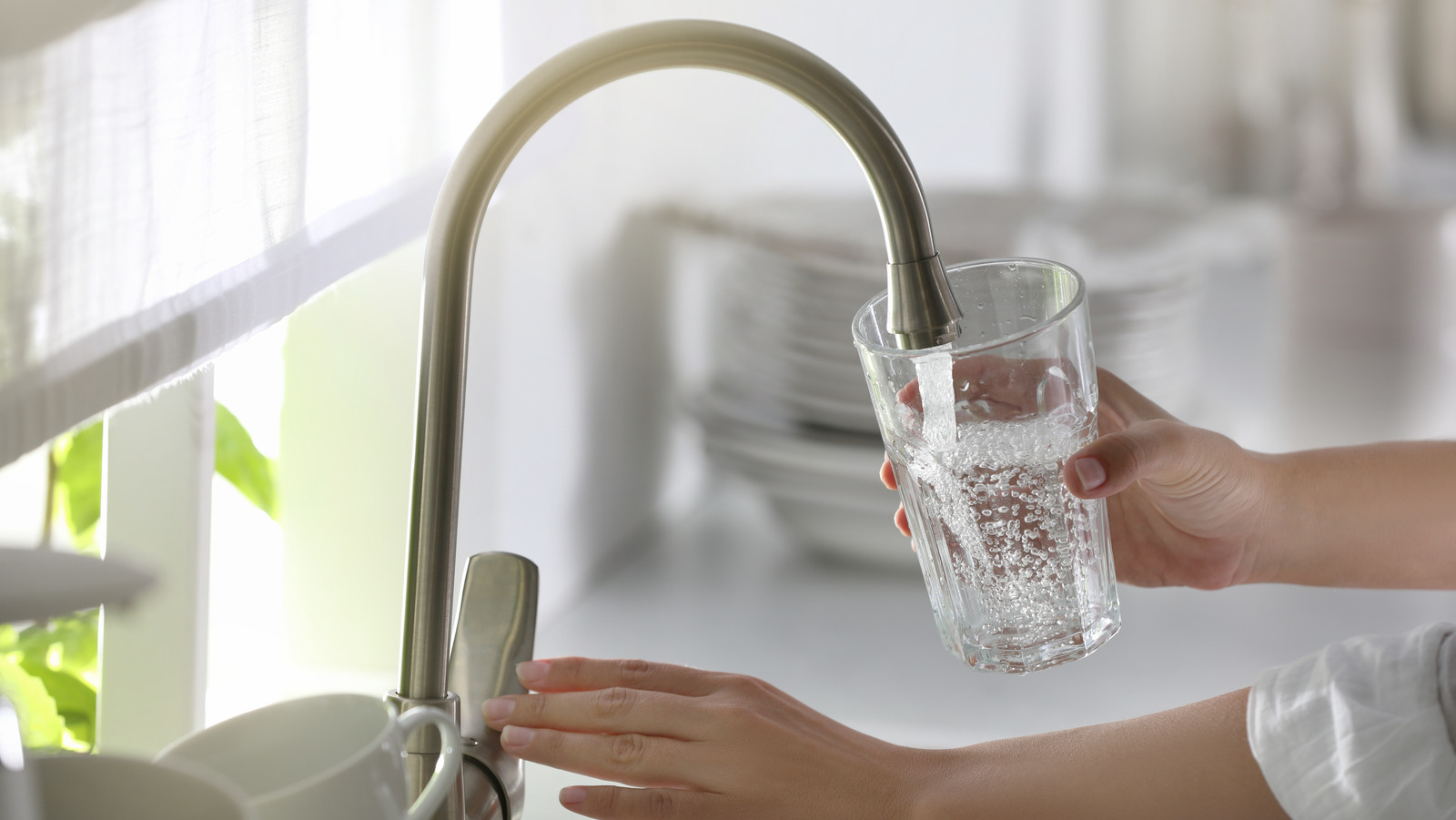Dream Home Team Guarantees Pure Water in Your New House

Making sure the water in your new house is of high quality is crucial. Your water can taste, be safer, and be of far higher quality overall if you use filters. Seven home consultants offer their opinions on several kinds of water filters here, and one explains why, under some circumstances, unfiltered water may be better.
Activated Carbon Filters James Miller is the advisor

Among the most often used kinds of water filters are activated carbon ones. Adsorbing impurities and pollutants from the water is how they function. Particularly well-performing filters for eliminating chlorine and volatile organic compounds (VOCs) and enhancing water flavor and odor are these ones. James Miller stresses that these are a great option for most homes because of their simplicity of installation and upkeep. They do less well, nevertheless, at eliminating salts and minerals.
Reverse osmosis filter advisor William Harrison

As William Harrison explains, reverse osmosis filters force water through a semi-permeable membrane to offer complete filtration. Among the many pollutants this method eliminates are lead, mercury, fluoride, and even certain medications. Compared to other filters, these ones can be more costly and need more care even if they are rather efficient. Besides, they usually lose a lot of water in the filtration process.
Unfiltered Water: A Logic Decision Charles Thompson, Advisor

Charles Thompson takes the opposite tack and says that occasionally, unfiltered water might be a better choice. He contends that some minerals—like magnesium and calcium—found in unfiltered water are good for your health. Moreover, the natural taste and mineral content of unfiltered water can be preferred if you live in a place with a dependable and clean water supply. He does warn, although, that the quality of the local water supply will greatly influence this decision.
Michael Brown is the ultraviolet (UV) filter advisor

Michael Brown emphasizes the advantages of UV filters—which use UV light to destroy germs and viruses in water. Water disinfection with this approach is successful and chemical-free. Where microbiological contamination is a worry, UV filters are very helpful. They are frequently combined with other kinds of filters, though, because they do not remove chemical pollutants or particles.
Benjamin Carter, Ceramic Filters Advisor

Benjamin Carter suggests ceramic filters because they are incredibly good at eliminating germs, cysts, and silt from water. They are constructed of natural clay materials. These are robust filters that, with routine care, can last for many years. Their lack of wastewater production and electricity need make them environmentally benign as well. Ceramic filters, however, run more slowly and may not be appropriate for big, water-hungry homes.
Advisor for Alkaline/Water Ionizers: David Wilson

David Wilson talks on the advantages of water ionizers, another name for alkaline water filters. Apart from eliminating impurities, these filters raise the pH of the water, therefore making it more alkaline. Alkaline water proponents say it can help with hydration, counteract body acidity, and offer antioxidant properties. Still up for contention among scientists, though, are these assertions. Usually more expensive, alkaline filters need periodic maintenance.
Henry Mitchell, Infrared Filters Advisor

Henry Mitchell presents the quite new infrared filter category. Through negative charge of the water, these filters soften it by using infrared light to lessen its hardness. Hard water families may find infrared filters especially helpful since they stop scale from accumulating in pipes and appliances. They are commonly used in conjunction with other filtering systems, though, as they do not eliminate chemical pollutants or microbes.
Robert Thomas, the sediment filters advisor

Robert Thomas suggests sediment filters, which are made to filter water of big particles like rust, silt, and sand. Frequently, to keep other filtration systems from clogging, these filters are employed as a pre-filter. Easy to replace and comparatively cheap are sediment filters. They remove coarse pollutants, which is necessary to increase the general effectiveness and life of more sophisticated filters.
In summary, your particular requirements and the caliber of your local water supply will determine which water filter is best. Every kind of filter has benefits and drawbacks, and occasionally unfiltered water can even be better. Making an educated choice to guarantee the finest water quality for your new house can be achieved by speaking with home advisers.


